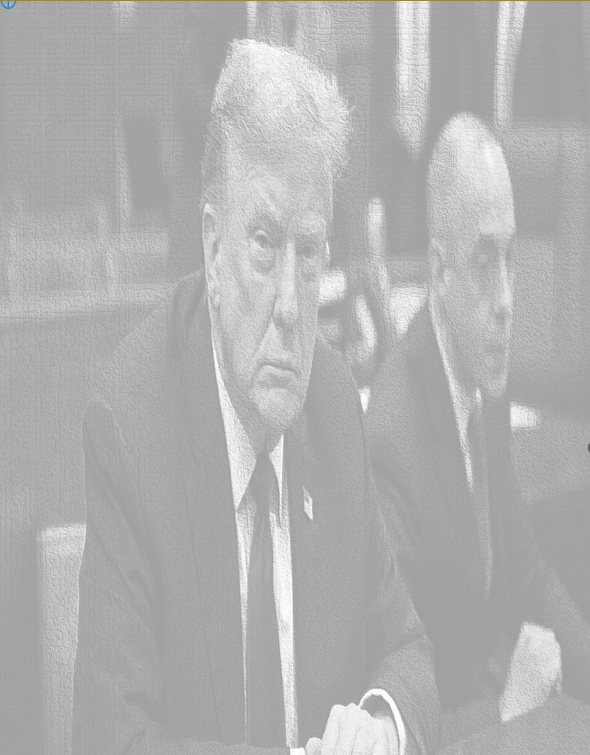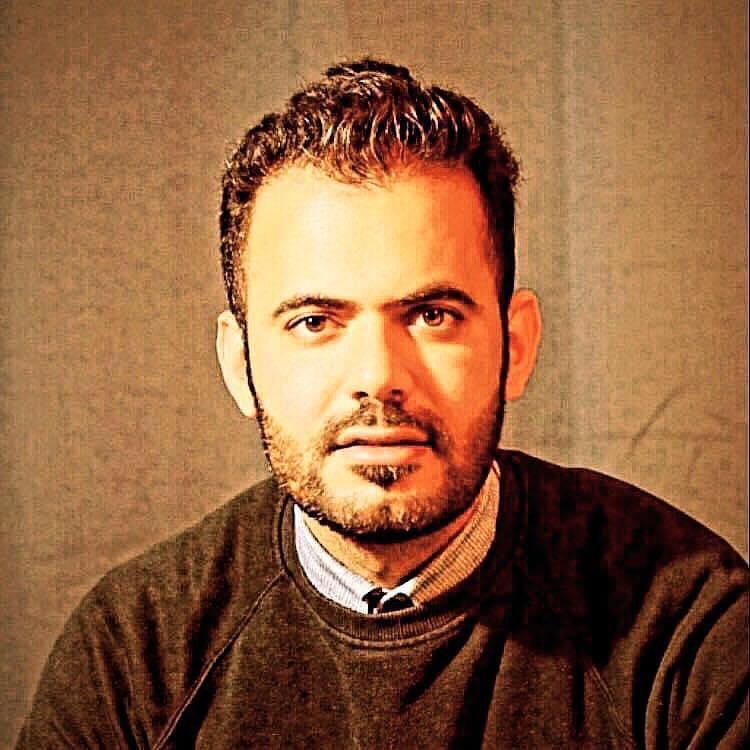 2024 / 14 / Nov
2024 / 14 / Nov
Donald Trump returned to power in the White House, and congratulations came from all over the world, from leaders of democracies to heads of dictatorial regimes. They rushed to praise him, not only as an expression of congratulations, but also in recognition of his new position, which sparked deep controversy in global political circles. Elon Musk posted a picture on his platform "X" of himself saluting the American flag, and Trump followed him by posting a picture of his competitor Kamala Harris with the comment: "Finally, she is gone from us forever." These actions came as a symbol of "a crushing defeat for liberalism and its values in America." Supporters of liberalism in Europe were filled with sadness, from French President Emmanuel Macron and his party, to the British Prime Minister and the Canadian Prime Minister, as they felt as if the pillars of the liberal world order were cracking and collapsing. Modern liberalism, as its leaders preached, as the thinker Jean-Jacques Rousseau says, “is nothing more than slavery with a more magnificent face.” Although it claims to liberate man, it turns him into a mere number within a strict capitalist system that views man through his financial and economic value, and seeks to employ climate issues as a tool to consolidate its global hegemony. As the philosopher Herbert Marcuse says, they are trying to “domesticate nature and man at the same time, to subjugate them to serve their interests.” However, the return of Trump and his populist tendencies have created a challenge to this authoritarian liberalism. The populism he espouses, despite its opposition to the values of traditional democracy, opens another door to restructuring society according to a more independent popular will, even if it is through the tendency to force and revenge. As Nietzsche says: “Might is right when truths are lost,” so populism comes as a force that aims to destroy the existing system without any deterrent, and is not afraid, but rather boasts of using means that provoke the wrath of free thought. In all of this, the biggest question remains: Can populism restore a more humane and just system to the world? Or does it open the doors to a society that is burdened by conflicts, whims, and the rule of overwhelming dictatorships? This is an endless philosophical debate, but the clear truth is that liberalism itself has misused the concepts of human rights, to the point that it has become a weapon to undermine the will of peoples. I remember my visit to the American capital, Washington, in the spring of 2019, where I was invited to participate in the “Edward R. Murrow for Journalists” program. My goal was to delve into the depths of American democracy, which is promoted as an ideal model of governance and freedom, but what I found there raised many questions in me, as I realized that the values that are raised as slogans do not necessarily mean commitment to them. In my discussions with officials, it became clear to me that American democracy is nothing but a cover for self-interests, and the words of the French philosopher Michel Foucault are true here when he said: “Every system based on power requires concealment and justification.” In one of those meetings filled with promises and grandiose statements, US Secretary of State Mike Pompeo was scheduled to attend, but he was absent and sent someone to replace him. His replacement entered, proudly adorned with what he called “American achievements” in Iraq, describing them as a model of democracy and a beacon of freedom. However, in his words, there was an underlying arrogance, as if he wanted us to accept those “achievements” with submission and gratitude, without thinking or questioning. When he was asked about human rights in the Middle East, he began his words hesitantly, then said with some strange justification: “Force is the only way to establish democracy and human rights.” It was as if democracy had become a plant that would not grow unless watered by the hand of absolute power. Here, I asked myself: Can democracy really be based on a foundation of domination and coercion? Isn’t this American model just a means to impose hegemony under the guise of rights and freedom? Here I would like to recall the words of the German philosopher Hannah Arendt, who said: “Freedom does not mean living in a democratic system only, but the ability to think and act freely.” What I witnessed in Iraq reflects a pale, even painful, image of this alleged application of democracy, which the West brought as a glittering, but hollow, package. The programs of “promoting democracy and human rights” were like fodder thrown by the master to the flock, claiming that it satisfies its needs, but it contains little value and meaning, like food wrapped in shiny titles, but it is nothing but a weak lie. This approach also reminds me of the words of Michel Foucault, who believed that “power wears the mask of rights when its interest requires it, and strips itself of it when it is of no use.” In Iraq, the promised democracy was nothing but another constraint. Iraqis were showered with flowery words like “freedom,” “justice,” and “human rights,” without being given the opportunity to truly savor those meanings. They were, as Al-Jahiz described them when talking about the pretenders, “great in wording, weak in meaning.” How could someone who has used his mind and looked with insight be deceived by them? In this harsh experience, the faces of democracy are revealed to us, dressed in a shiny garment that conceals nothing but emptiness and shallowness within it. When the liberation forces entered Iraq, they turned into invading forces that only know how to create chaos, as they did not care about the spoils that were looted or the devastation that spread throughout the country, as if they came to show us their inability to control the country more than their ability to protect it. The American forces stood in scenes of chaos, stunned, while the saboteurs were looting government institutions in plain sight, as if the goal was to show the Iraqi people in the eyes of the world a distorted and shaken appearance, deserving sympathy rather than respect. Then came other scenes that were even more brutal, as American soldiers saw with their own eyes the massacres and bombings committed by the terrorists, and were only moved by passing glances, as if the war on terrorism was now being fought with methods that do not reflect the slightest degree of human values, but rather resemble the barbarism of Thomas Hobbes when he said: “Man is a wolf to his fellow man.” This is the war that they said was for freedom, but it is taking lives indiscriminately, and destroying the features of the state that they claimed was

Researcher and academic